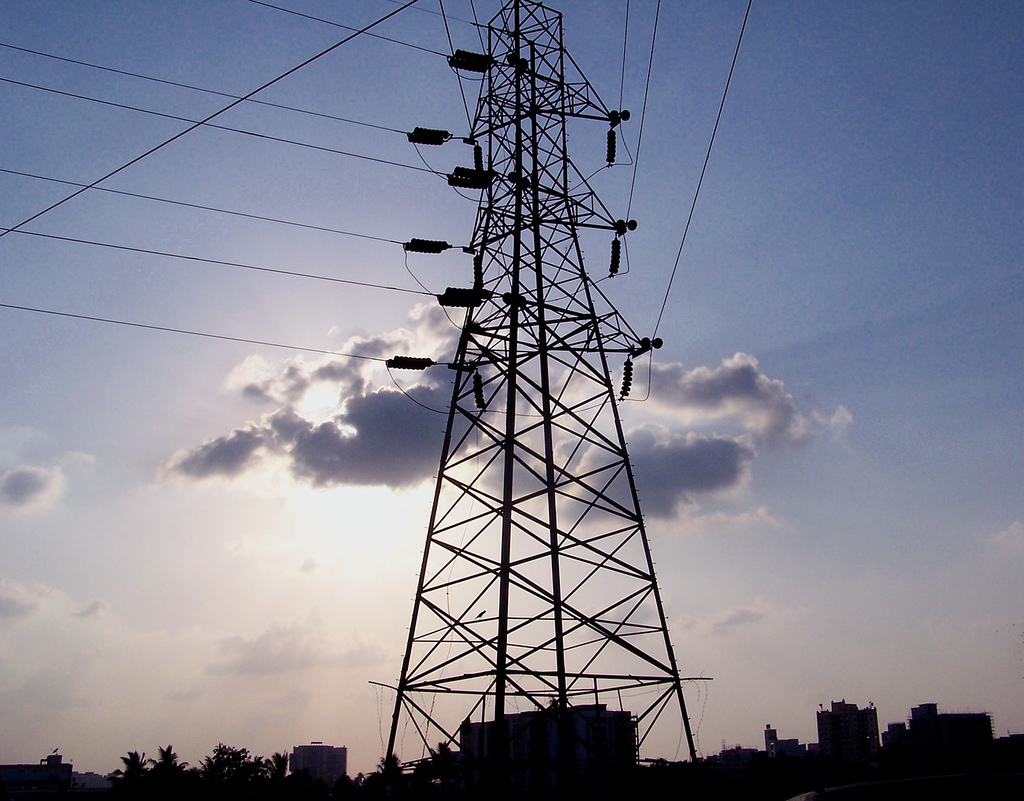With solar power becoming cost competitive against conventional power sources, the power regulator of Haryana has removed a waiver of transmission related charges for solar projects above 500 MW in scale.
Unhappy with the decision, rooftop solar lobby group the Distributed Solar Power Association (DISPA) has petitioned the Haryana Electricity Regulatory Commission, challenging the move.
However, Bridge to India Managing Director Vinay Rustagi told pv magazine it is sensible for the government to limit incentives for solar and it may go on to phase them out entirely.
“Costs have fallen to such an extent that solar power can bear all necessary charges and still be cheaper than other conventional and non-conventional sources,” said Mr. Rustagi. “Such a move would lead to sustainable growth in demand and avoid policy shocks at a later date – as we saw in Karnataka earlier in the year.”
A stable phase out ensures certainty
“Karnataka offered very generous incentives to open access solar until March this year – more than 1.5 GW [of] capacity was added, exceeding all expectations. As a result, the DISCOM [distribution company] has been trying to levy some charges with retrospective effect to reduce its losses. Such moves undermine investor confidence and pose [a] major risk to the projects already built.”
The solar tariff in India has fallen significantly to Rs2.44/kWh this year – from around Rs18/kWh in 2010 – due to factors such as economies of scale, assured availability of land and the availability of power evacuation systems. The country registered record low solar tariffs of Rs2.44 per unit in reverse auctions carried out by the Solar Energy Corporation of India in May 2017 – for 200 MW of capacity – and again in July this year for 600 MW. A competitive bidding process involving reverse e-auctions has also helped bring down the tariff for grid-connected solar projects significantly.
To promote generation from renewable energy sources, the Haryana government last year decided to waive intra-state “wheeling charges” on the transmission of electricity generated by PV plants in the state.
Rooftop group DISPA says the 500 MW limit will hamper the state’s ambition with regards to its Renewable Purchase Obligation target.
This content is protected by copyright and may not be reused. If you want to cooperate with us and would like to reuse some of our content, please contact: editors@pv-magazine.com.









Dear Friends,
I never saw reduction in the charges charged by the power supplying companies. If there is reduction in the coast of Solar Tariff at Rs. 2.44 per KW as on this day, then why benefit of Reduction in Tariff is not passed on to the end user in there bimonthly Unit Bill.
Rs.18/- per KW Solar Tariff Rate prevailed in 2010 and now it is Rs. 2.44 per KW i.e. almost 86.45% drastic reduction in the coast of power supply/generation by Solar Power Farms.
I wish that our Country People get some relief in bimonthly Bill Charges.
Thank you,
SUNIL PARIKH.